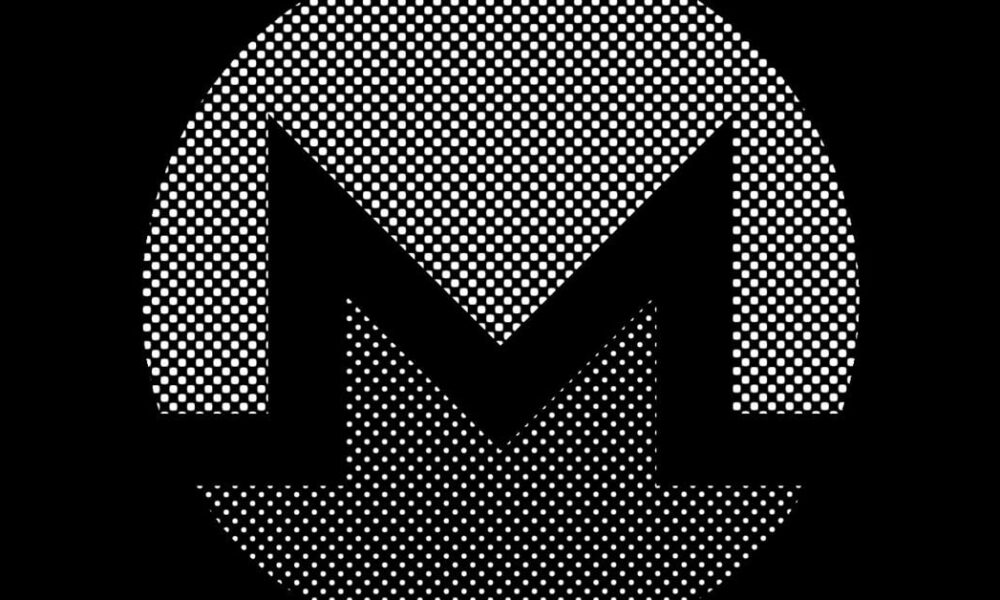Blockchain
The LocalMonero shutdown is another blow to privacy technology

As of May 14, all operations on LocalMonero have been disabled. And in six months the entire website will be shut down, parent company AgoraDesk, which is also shutting down, said in a statement.
“After nearly seven years in business, due to a combination of internal and external factors, we have made the difficult decision to close our platform.
“We are extremely grateful for the love and support we have received over the years. We couldn’t have done it without you. We love you all,” the statement read.
This is an excerpt from The Node newsletter, a daily roundup of the most crucial crypto news on CoinDesk and beyond. You can sign up to get the full service newsletter here.
As mentioned in the announcement, the peer-to-peer exchange was created to trade the eponymous privacy coin monero (XMR)LocalMonero has been around for most of Monero’s existence.
While AgoraDesk didn’t provide a specific reason for the closure, it’s pretty easy to guess why. In recent months, a large number of P2P cryptocurrency trading platforms, including LocalBitcoins and Paxful, have opted out, a trend largely driven by regulatory hurdles. That means:
“Regulatory challenges for the industry continue to grow, especially in the paper-to-peer market and especially in the United States. As we work through these issues, we have chosen the safest option and ask that you explore self-custody and trade elsewhere,” said Ray Youssef, former CEO of Paxful declaration the now-defunct platform closed at the time.
The problems for LocalMonero have been largely exacerbated by regulators’ pressure on privacy coins. Cryptocurrency exchanges OKX, Binance, and Coinbase have all proactively removed privacy-preserving tokens like monero and zcash (ZEC)leaving services like LocalMonero one of the few places to buy XMR.
LocalMonero worked a bit like Craigslist, providing a place where people could post an ad to buy or sell XMR via a variety of different methods – essentially any payment method the counterparties agreed to would work. One ad was for someone looking to exchange cash for monero in person and listed the Detroit Zoo as the meeting point.
There was typically a slight margin on LocalMonero token sales because users were willing to pay a premium to purchase the token on a platform that required limited identification (although it was customary for sellers to ask for the ID as a sort of safety). offered “arbitration bonds” that would hold an equivalent amount of monero in escrow so that if a seller failed to send the funds, LocalMonero could refund users.
LocalMonero was “a cornerstone of the no-KYC Monero ecosystem,” semi-pseudonymous privacy advocate Seth for privacy he said on X, adding that with its closure monero users are left with few fiat-to-crypto binaries for the token. It’s an “incredibly sad day,” he said.
On Reddit and the LocalMonero forum, users have been discussing alternative means of purchasing XMR, which, with a market capitalization of $2.5 billion, is the largest privacy coin. These include purchasing another cryptocurrency such as bitcoin (BTC) or litecoin (LTC)sending it to the privacy-focused Cake Wallet and then exchanging it for XMR.
The Bisq peer-to-peer network also allows trading between cryptocurrencies into monero. Kraken still offers monero purchases, although it excludes users from some countries including the UK and Australia and will extend that list to Ireland and Belgium in June. Less secure purchasing options include purchasing directly from someone on messaging apps like Telegram.
For its part, LocalMonero recommended the non-custodial and decentralized exchanges Haveno Serai, which are open source alternatives that have yet to fully launch. Haveno runs on the Tor network and works using atomic swaps, while Serai will use a multi-signature configuration.
While the old adage that “if there’s a will, there’s a way” will likely always remain true for those seeking to make anonymous transactions for cryptocurrencies like monero, it’s undoubtedly true that blockchain-based privacy technology it is becoming increasingly difficult to access. And it is difficult to see a reversal of the trend.
But every day the Monero network is maintained, and every day XMR is used for purchases, is another day that demonstrates the power and resilience of decentralized systems.
“The feds must really hate monero. I guess it’s a test to keep using it,” as one Reddit user put it.
Note: The opinions expressed in this column are those of the author and do not necessarily reflect those of CoinDesk, Inc. or its owners and affiliates.
